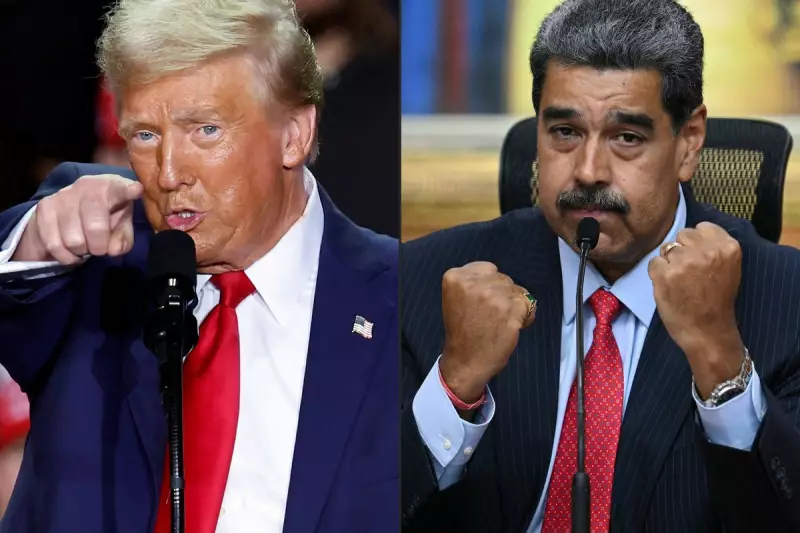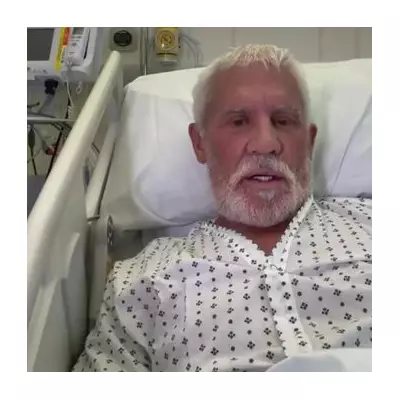
In a revelation that has stunned political analysts and human rights advocates, former US President Donald Trump allegedly proposed constructing mental health facilities in Venezuela to incarcerate the country's political prisoners.
According to exclusive reporting, Trump made these comments to close aides during his presidency, suggesting the controversial plan as a solution for dealing with opponents of Nicolás Maduro's regime. The proposal has been characterised by insiders as particularly extreme, even by Trump's unconventional standards.
Behind Closed Doors: The Unsettling Discussion
Sources familiar with the matter describe how Trump floated the idea of building "mental institutions" or "insane asylums" in the South American nation. His apparent reasoning: these facilities would serve as appropriate detention centers for those opposing the Venezuelan government.
The discussion reportedly occurred during policy deliberations about how the United States should address Venezuela's ongoing political and humanitarian crisis. Instead of advocating for democratic solutions or supporting opposition leaders, Trump's suggested approach involved collaborating with the very regime accused of systematic human rights abuses.
International Outrage and Concern
Human rights organisations have expressed alarm at the proposal, noting that the misuse of psychiatry for political repression has a dark history in various authoritarian states. "The suggestion that political dissidents should be labeled as mentally ill and confined in institutions is straight out of the worst chapters of Soviet-era abuse," stated one leading human rights researcher.
Venezuela under Maduro has already faced extensive criticism from international bodies for its treatment of political opponents, with numerous reports of torture, arbitrary detention, and extrajudicial killings.
The Wider Context of Trump's Venezuela Policy
While publicly expressing hostility toward Maduro's socialist government, Trump's administration simultaneously pursued contradictory policies behind the scenes. This latest revelation suggests a willingness to consider approaches that would effectively endorse the regime's oppressive tactics rather than challenge them.
The proposal aligns with patterns observed throughout Trump's presidency, where strongman leaders and authoritarian governments often received more sympathetic treatment than traditional democratic allies.
Reactions from Capitol Hill
Lawmakers from both major US parties have condemned the alleged proposal. "This represents a fundamental misunderstanding of both human dignity and America's role in promoting democracy abroad," commented one senior Democratic senator. Republican responses have been more measured but still critical of the concept's practical and ethical implications.
As the 2024 election approaches, this revelation adds to the ongoing debate about the future direction of American foreign policy and its commitment to human rights principles on the global stage.





